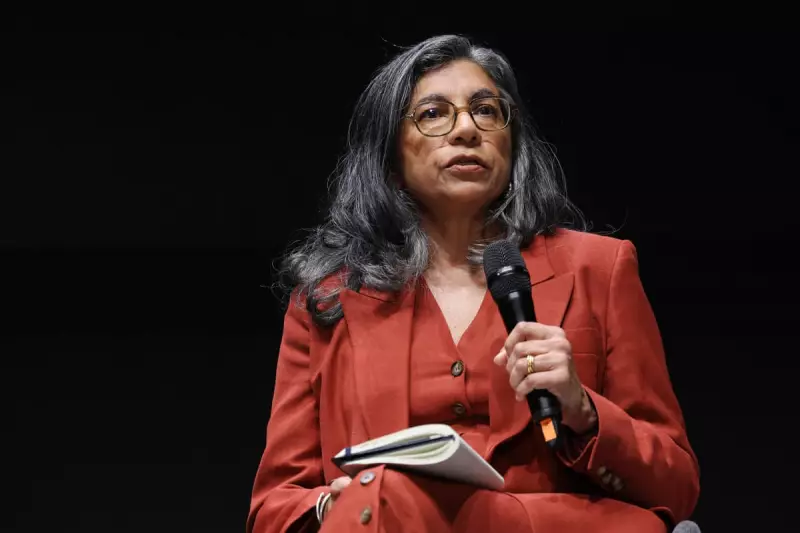
The Open Society Foundations (OSF), the vast philanthropic network established by billionaire George Soros, has announced it will cease operations after more than four decades of work supporting democratic values and human rights worldwide.
The End of an Era for Global Philanthropy
In a landmark announcement that sent shockwaves through the international philanthropic community, the organisation confirmed it would begin winding down its global operations. The decision comes amid what the foundation's president, Mark Malloch-Brown, described as an increasingly hostile political climate that has made their work unsustainable.
The 94-year-old billionaire financier George Soros, who founded the first Open Society Foundation in 1979, is transferring control of his remaining $25 billion fortune to his Open Society Foundations. This extraordinary move effectively ends his direct involvement in the philanthropic empire that has become both celebrated and controversial across the globe.
Mark Malloch-Brown revealed in an exclusive interview that the foundations would undergo a significant restructuring and eventual closure. He stated bluntly: "We're no longer able to operate in the way we have in the past." The decision reflects growing concerns about the ability of philanthropic organisations to function effectively in today's polarised political environment.
Navigating Political Hostility and Organisational Challenges
The foundations have faced mounting criticism from conservative politicians and governments worldwide, particularly in Hungary where Viktor Orbán's government ran campaigns portraying Soros as a globalist puppet master seeking to undermine national sovereignty. Similar attacks have emerged in the United States, where right-wing commentators frequently target Soros's philanthropic activities.
Internally, the organisation has faced its own challenges. Malloch-Brown acknowledged significant staff dissatisfaction and organisational strain following layoffs of approximately 40% of its workforce in recent years. The foundations employed around 800 people globally before these cuts, representing one of the largest philanthropic operations in the world.
The restructuring plan involves transferring the bulk of Soros's remaining fortune to a permanent endowment, which will be managed by the Open Society's board. This endowment will fund the foundations' final years of operation while supporting a orderly wind-down of programmes and initiatives currently underway across more than 120 countries.
Legacy and Lasting Impact on Democratic Values
Despite the controversial nature of some of its work, the Open Society Foundations have left an indelible mark on global human rights and democratic development. The organisation has poured billions into supporting independent media, justice reform, and public health initiatives worldwide, including significant contributions during the COVID-19 pandemic.
In the United Kingdom, the foundations have supported various initiatives promoting social justice and democratic engagement, though they maintained a lower profile than in other regions. Their closure raises questions about the future funding of similar organisations dedicated to protecting civil liberties and democratic institutions.
Malloch-Brown emphasised that the decision to wind down operations wasn't taken lightly. "This is about preserving the legacy of what we've built," he explained. "We recognise that the landscape has fundamentally changed, and we must adapt accordingly."
The foundations will continue honouring existing commitments while developing transition plans for their various programmes. This process is expected to take several years, ensuring that partner organisations and beneficiaries aren't abruptly abandoned.
As the philanthropic world absorbs this announcement, many are questioning what the closure of one of the most influential philanthropic networks means for the future of international human rights work and whether other major donors will fill the substantial void left by Soros's retreat from active philanthropy.





